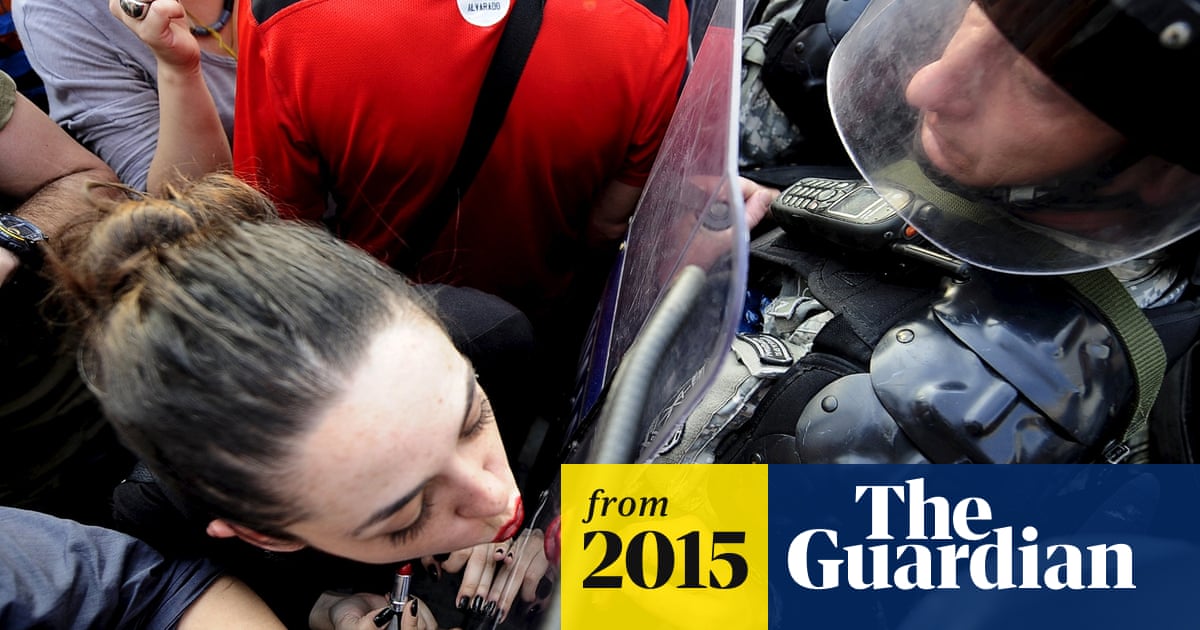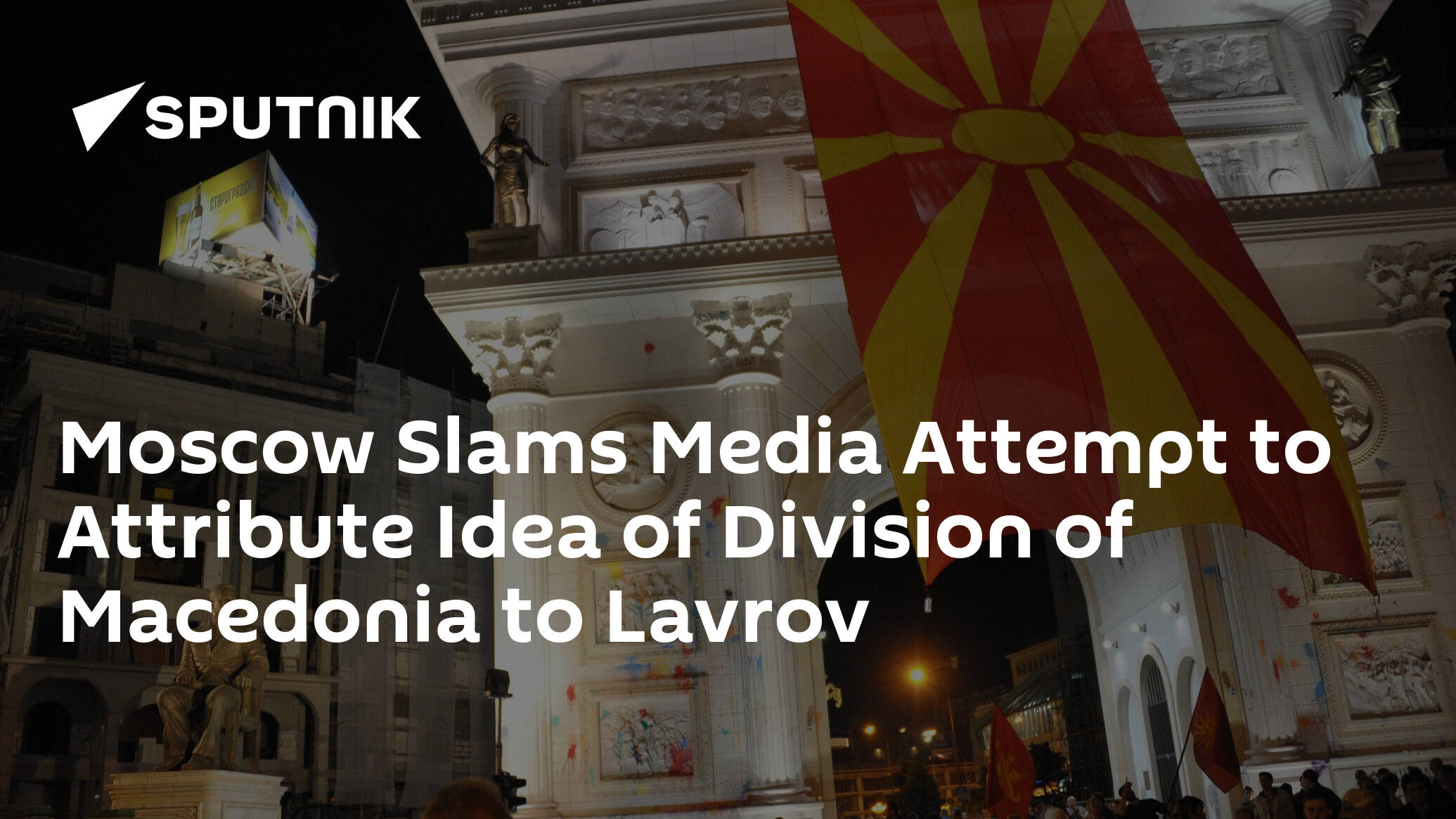So when anyone comments on Albanians, Kosovo, Albania, Islam, or anything remotely connected to Albanians, its considered an insult and has the potential to "destabilize" the region.
When the Albanian prime minister claims that a greater Albania will prevail one way or another, this is .....? Perfectly okay I suppose in deluded Albanian victim logic.
Nothing Albanians do is inflammatory and destabilizing even when their actions are intended to be as such we all just have to accept it and look the other way, but they threaten to cause destabilization every time anyone so much as looks at them the wrong way.
Also they should stop using the word destabilization and just call it what it is "we will pick up our guns and act like terrorists if we dont get our way"
When the Albanian prime minister claims that a greater Albania will prevail one way or another, this is .....? Perfectly okay I suppose in deluded Albanian victim logic.
Nothing Albanians do is inflammatory and destabilizing even when their actions are intended to be as such we all just have to accept it and look the other way, but they threaten to cause destabilization every time anyone so much as looks at them the wrong way.
Also they should stop using the word destabilization and just call it what it is "we will pick up our guns and act like terrorists if we dont get our way"



Comment